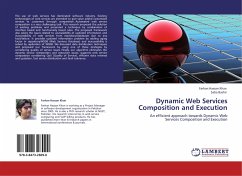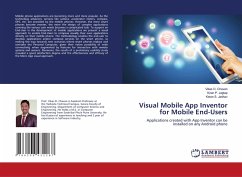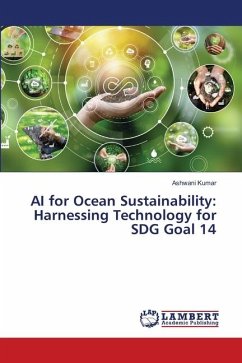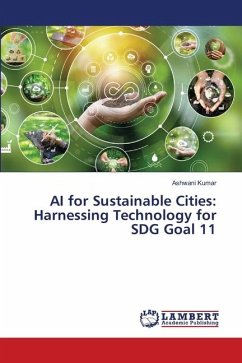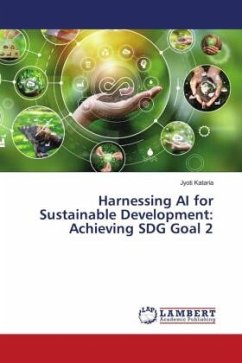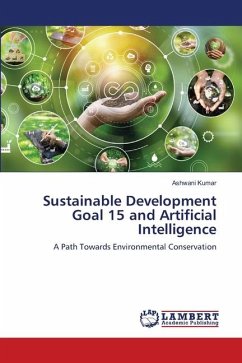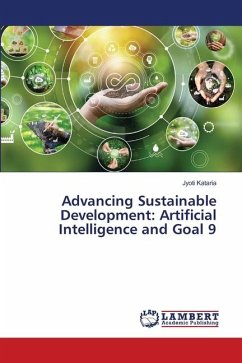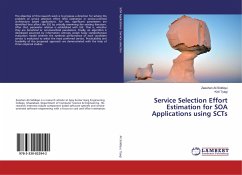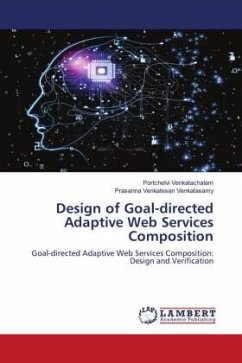
Design of Goal-directed Adaptive Web Services Composition
Goal-directed Adaptive Web Services Composition: Design and Verification
Versandkostenfrei!
Versandfertig in 6-10 Tagen
53,99 €
inkl. MwSt.

PAYBACK Punkte
27 °P sammeln!
Web Services composition is a challenging task due to the dynamism in the web services characteristics, web services execution environment, and users' requirements for composite service. A literature survey revealed that only an on-demand, automated, on-the-fly and adaptive web service composition model would cater to the above requirement. The design comprises a model and the model-based engine and it is explained through a conceptual and process view. The engine aids the web services composition process to change its behavior at run-time to adapt to the changing user requirements and service...
Web Services composition is a challenging task due to the dynamism in the web services characteristics, web services execution environment, and users' requirements for composite service. A literature survey revealed that only an on-demand, automated, on-the-fly and adaptive web service composition model would cater to the above requirement. The design comprises a model and the model-based engine and it is explained through a conceptual and process view. The engine aids the web services composition process to change its behavior at run-time to adapt to the changing user requirements and services environment. The engine design is complex as it has to provide composition behavior autonomy to take decisions at run-time to adapt to the changes. The effectiveness of the engine is comprehended by comparing it with the existing ones qualitatively. The engine is verified formally using CPN with two different scenarios from two different domains. A prototype implementation of the engine for trip planning is done to evaluate the engine quantitatively. The engine based on the proposed model is compared with the existing engine and the success ratio is found to be high.



